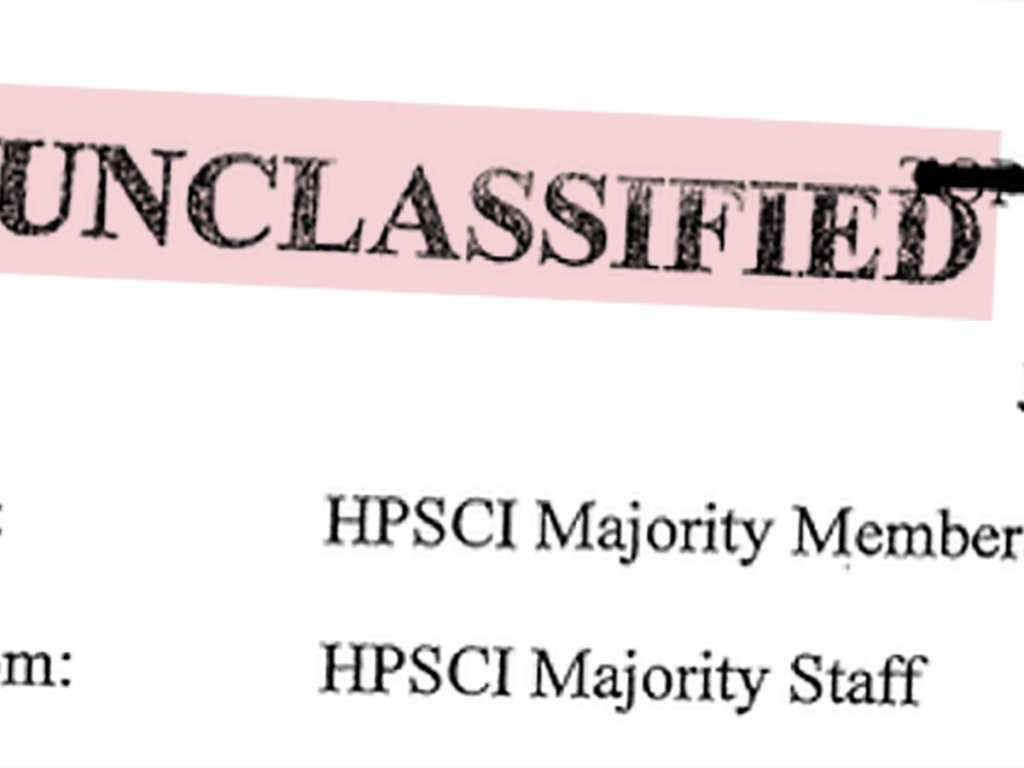The other day, I got to explain a bit of Latin etymology to my daughters. You see, English doesn’t so much borrow words from other languages as it chases them down dark linguistic alleys and beats them senseless until they give up words so that we can use them. My youngest had been talking about compassion in school. I asked her what it meant, and she said, “Understanding how someone feels and doing something about it.” I told her it came from two Latin words. “Com” means “With”. “Passion” comes from the Latin word for “Suffering.” So to have compassion on someone is to suffer with them. Another word with a similar origin is “Company.” “Pan” is the Latin word for “Bread.” So your company is the group you eat bread with. We are all each other’s company in this meal. When you have company over, you eat with them, and that’s what we’re about to do. Jesus prepared this meal for us, and as the first disciples did in that room, hiding from the Romans, they shared bread and cemented their bonds.
Sometimes when English beats words out of other languages for its own use they get changed. “Con” means “With” as well. The word “Convivial” means “Related to, occupied with, or fond of feasting, drinking, and good company.” The Latin word “Vivre” means “Life.” So when someone is convivial, they love “with-life,” or life together. And isn’t that we we do? We experience life with each other, and with Jesus. He gave that life for us, and we remember that through His blood. Jesus makes us convivial, because He is the One that gave us this life we have together. As Ezekiel was told to speak to those dry, dead bones, He spoke to our dry and dead souls, and woke us up to life with Him and with each other.
There are many words that start with “Com” or “Con” that we get a new appreciation for when we look at them. Complacence, congregation, combination, and conscience all fit in this category. With-peace, with-flock, with-two, and with-knowledge. Another one is “Confidence,” or “With-faith.” We have confidence that God will keep His promises and direct us in our life with Him.










5
4